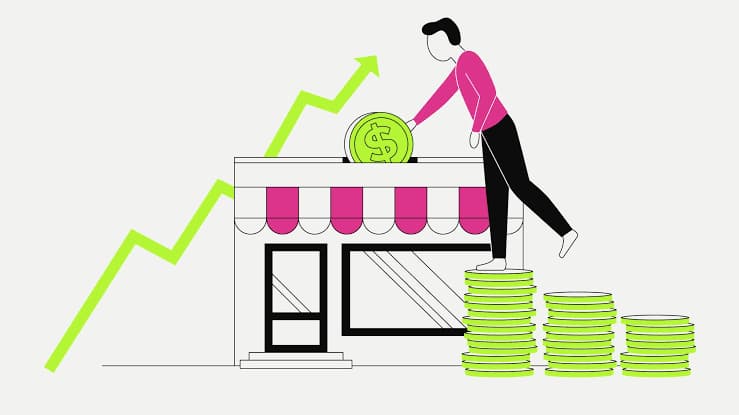Money today feels more complicated than ever. With inflation, evolving technology, and changing work landscapes, managing your finances can seem overwhelming. But the truth? Money mastery isn’t about luck or a massive paycheck — it’s about smart habits, clear goals, and a mindset shift. This blog breaks down modern, actionable money tips for 2025 that you can start applying today — no jargon, no fluff, just real advice for real life.
1. Define Your Financial “Why”
Before diving into numbers, pause and ask yourself: Why do I want to manage my money better? This “why” is your North Star.
- Is it freedom from debt?
- Building a safety net?
- Funding a passion project?
- Early retirement?
Example:
Priya wanted financial peace after years of paycheck-to-paycheck living. Her “why” became simple: never stress about bills again. This clarity helped her stick to a budget and avoid unnecessary spending.
2. Create a Flexible, Real-Life Budget
Budgets often get a bad rap for being restrictive. The key is to make yours flexible and realistic.
How to build it:
- Track your spending for 30 days without judgment.
- Categorize expenses: essentials, lifestyle, savings.
- Allocate amounts that match your actual habits but leave wiggle room.
- Review monthly and adjust.
Tip: Use apps like YNAB, Mint, or even a simple spreadsheet. But remember: The best budget is the one you’ll stick with, not the one that looks perfect.
3. Prioritize Emergency Savings
An emergency fund isn’t glamorous, but it’s a game-changer.
- Aim for 3–6 months of essential expenses.
- Start small — even $10 per week adds up.
- Keep this fund separate and liquid (a high-yield savings account is ideal).
Case:
Carlos kept dipping into his emergency fund for small “urgent” purchases and ran dry during a car repair. After that, he set rules: only true emergencies allowed. This discipline saved him from going into debt.
4. Manage Debt Strategically
Debt is part of many lives, but not all debt is equal.
- List debts by interest rate.
- Prioritize paying off high-interest debts first (credit cards, payday loans).
- Make at least minimum payments on all others to avoid penalties.
- Consider consolidating or refinancing if rates are lower.
Example:
Lena tackled her credit card debt using the “avalanche method” — paying extra on the highest-interest card while keeping minimums on the rest. This saved her hundreds in interest and boosted her morale.
5. Automate Savings and Investments
In 2025, automation is your best friend.
- Set up automatic transfers to savings right after payday.
- Automate investments in low-cost index funds or retirement accounts.
- Use apps that round up purchases and invest the difference.
Example:
Jason used an app that rounds every purchase to the nearest dollar and invests the spare change. Within a year, it became a comfortable side income without any extra effort.
6. Diversify Income Streams
Relying on a single paycheck is risky in today’s economy.
- Explore freelancing, consulting, or selling digital products.
- Rent out unused space or equipment.
- Monetize hobbies or skills online.
Case:
Anita, a graphic designer, started selling printables on Etsy alongside her full-time job. The extra income gave her the confidence to quit her job and freelance full-time within two years.
7. Cut Costs Without Sacrificing Joy
Saving money doesn’t mean living a joyless life.
- Audit subscriptions and cancel what you don’t use.
- Cook at home but allow occasional dining out to avoid burnout.
- Buy quality items that last instead of cheap replacements.
Tip: Think of this as “spending with intention,” not deprivation.
8. Educate Yourself Continuously
Financial literacy is a lifelong journey.
- Read books, listen to podcasts, follow credible finance experts.
- Join communities or forums to share knowledge and questions.
- Stay updated on financial news and tools.
Example:
Maya dedicates 15 minutes daily to finance reading. Over time, this helped her spot scams, optimize her tax returns, and grow her portfolio confidently.
Conclusion: Your Money, Your Rules
Mastering money in 2025 is about more than numbers — it’s about creating a system that works for you. Define your goals, build habits that fit your lifestyle, automate what you can, and keep learning. Money isn’t the goal; it’s the tool to build the life you want. And with clarity and intention, you absolutely can.






